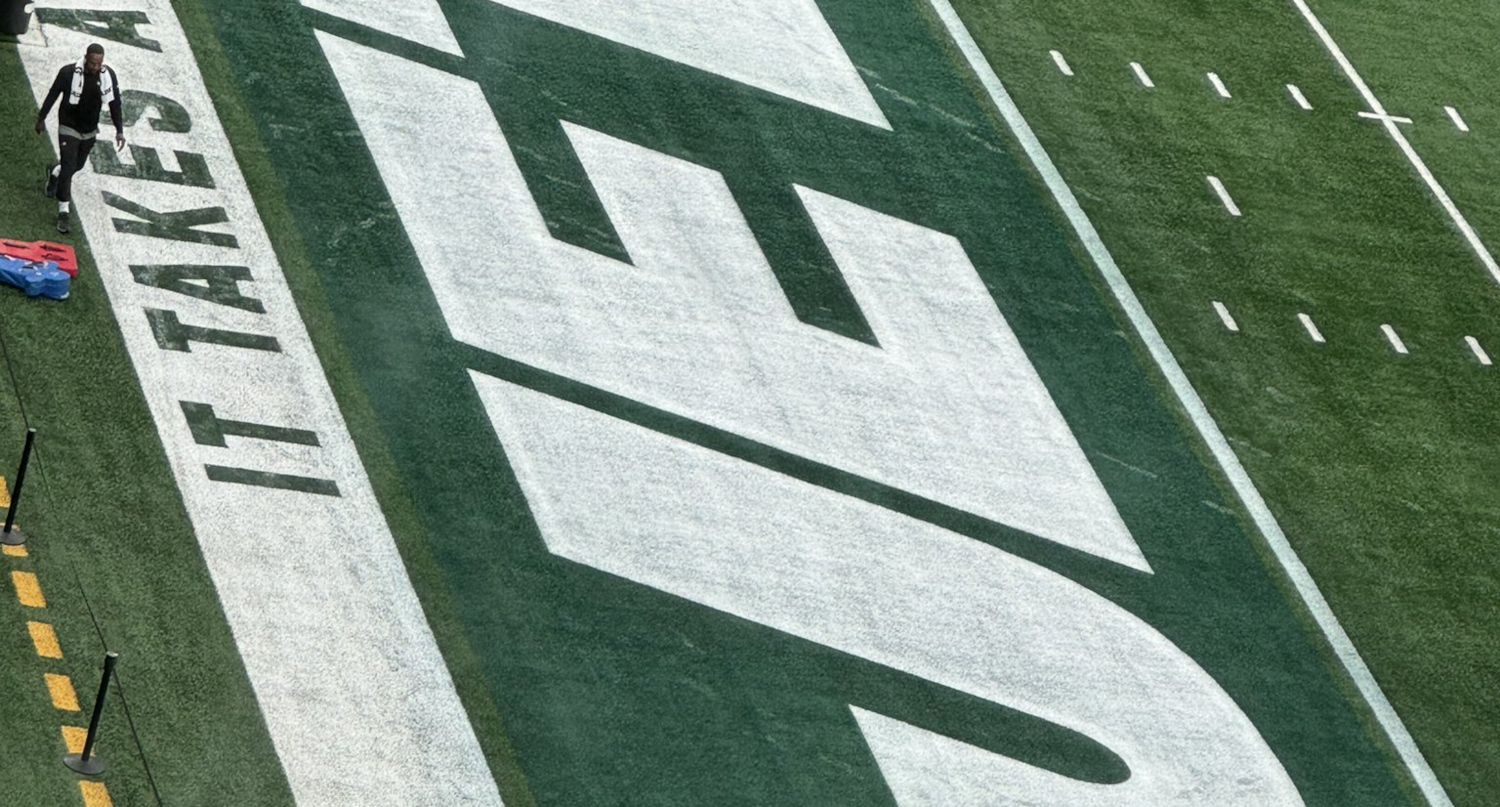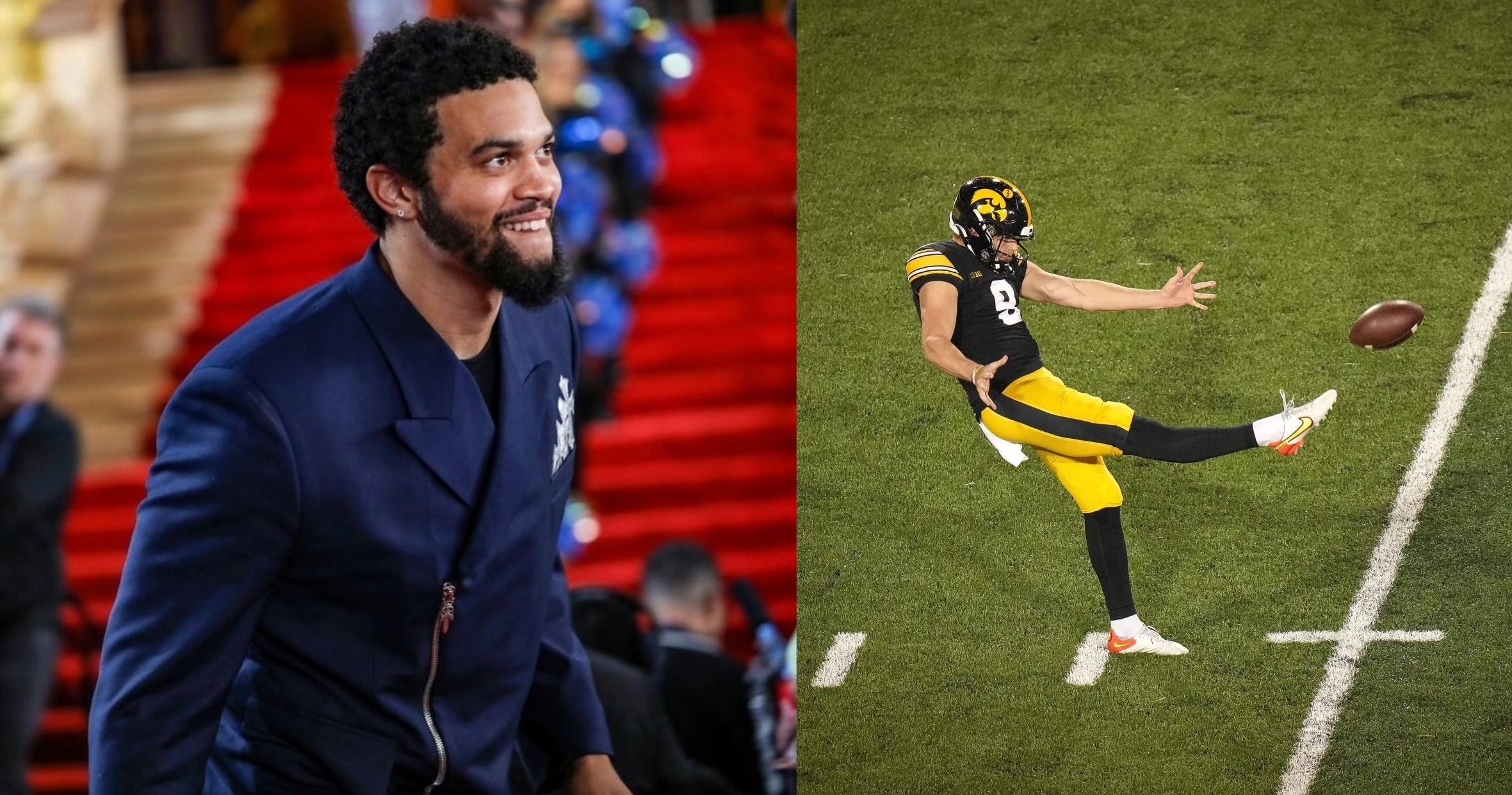It wasn’t a buzzer-beater, but it’s one of the biggest shots in pro basketball history.
Happy 10th anniversary to Ray Allen’s 3-pointer in Game 6 of the NBA Finals. On June 18, 2013, Allen’s prayer from the corner was answered. It tied the score and sent the Miami Heat into overtime against the San Antonio Spurs.
The Heat went on to win Game 6 and Game 7 to capture their second straight championship.
Allen’s three was a series saver and a legacy definer for LeBron James and the Heat. If that shot doesn’t go in, the Big 3-era of James, Dwyane Wade, and Chris Bosh might be perceived differently. The superteam that promised a run of several titles could have been upset in the Finals for the second time in three years.
After joining forces in the summer of 2010, James, Wade, and Bosh were expected to dominate right from the start. Obviously, winning didn’t come as easy as planned. Still, the 2012-13 Miami squad was a heavy favorite to repeat, going 66-16 in the regular season. After surviving a scare against the Indiana Pacers in the Eastern Conference Finals, the Heat rolled in Game 7 to return to the NBA Finals.
And this time, Miami brought along Allen.
Allen signing with Miami was a bit of a surprise. He was a member of the Boston Celtics’ Big 3 along with Paul Pierce and Kevin Garnett for years. That trio was routinely a thorn in the side of James. Now Allen was joining James in a move that Pierce and Garnett saw as a betrayal.
At 37, Allen was no longer an elite guard. However, the future Hall of Famer could still shoot. He gladly accepted a role coming off the bench as a long-distance threat. Allen shot 41.9 percent from behind the arc that season, the sixth-best of his career. With James, Wade, and Chris Bosh as teammates, he saw several wide-open looks. All he had to do was be in the right place at the right time.
San Antonio knew how dangerous the 10-time All-Star was. But even great defenses can’t take away everything. The Spurs had long-established chemistry and talent. They didn’t use free agency to build their roster. They had homegrown stars. Tim Duncan, Tony Parker, Kawhi Leonard, and Manu Ginóbili were guys they drafted and developed.
They were the Anti-Heat.
The Spurs entered the NBA Finals with only two postseason losses, including sweeps of the Los Angeles Lakers and Memphis Grizzlies. So, it wasn’t shocking when they took a 3-2 series lead going into a close-out game at American Airlines Arena. Many in the national media were ready to laugh at the possibility of the Heat suffering a second series defeat in the NBA Finals on their own home court.
It looked bleak for Miami. The Spurs, who led by as many as 13 in the third quarter, were nursing a 94-89 late. Several Heat fans had already begun to leave the building. After Leonard made one of two free throws, the Spurs were up 95-92 with 19 seconds to go.
Then Allen made the shot heard around the sports world.
The pivotal Miami possession started with James’ launching a long jumper from the wing. Bosh grabbed the offensive rebound and passed the ball to a backpedaling Allen. The NBA’s all-time leader in three-pointers got behind the arc in the corner and pulled the trigger. The rest was history.
Tie game. Five seconds left.
The moment was so magical that the details after that seem fuzzy. We almost forget that the Spurs could have won in regulation, but Parker’s off-balance 12-footer didn’t fall. The Spurs lost the game, and eventually the series, 103-100 in overtime. One of the biggest what-ifs: Duncan not being on the court for Miami’s final possession of regulation.
Perhaps Duncan might have grabbed the rebound after James’ miss. At the very least, he could have boxed out Bosh. It’s probably the biggest regret of Gregg Popovich’s career.
For Allen, his shot has become a moment frozen in time. Every year you’ll see the highlights and/or hear his three-pointer referenced. Is it the greatest shot in NBA Finals history? Maybe. Perhaps somebody someday will top it. That hasn’t happened yet.
“People will talk about it forever,” Allen said in a 2014 ESPN interview with Rachel Nichols.







